To provide the best experiences, we use technologies like cookies to store and/or access device information. Consenting to these technologies will allow us to process data such as browsing behaviour or unique IDs on this site. Not consenting or withdrawing consent, may adversely affect certain features and functions.
The technical storage or access is strictly necessary for the legitimate purpose of enabling the use of a specific service explicitly requested by the subscriber or user, or for the sole purpose of carrying out the transmission of a communication over an electronic communications network.
The technical storage or access is necessary for the legitimate purpose of storing preferences that are not requested by the subscriber or user.
The technical storage or access that is used exclusively for statistical purposes.
The technical storage or access that is used exclusively for anonymous statistical purposes. Without a subpoena, voluntary compliance on the part of your Internet Service Provider, or additional records from a third party, information stored or retrieved for this purpose alone cannot usually be used to identify you.
The technical storage or access is required to create user profiles to send advertising, or to track the user on a website or across several websites for similar marketing purposes.
 What impact is COVID-19 having on business confidence? And what recovery strategies are companies prioritising in response to the pandemic? Recruitment company Robert Half recently surveyed more than 1,500 executives to understand how they are responding to this ongoing period of unprecedented economic change. More →
What impact is COVID-19 having on business confidence? And what recovery strategies are companies prioritising in response to the pandemic? Recruitment company Robert Half recently surveyed more than 1,500 executives to understand how they are responding to this ongoing period of unprecedented economic change. More →






 UK workers are most likely to log a claim against their employer for making them work excessively long hours, claims new data by health and safety training provider
UK workers are most likely to log a claim against their employer for making them work excessively long hours, claims new data by health and safety training provider 
 Supported by its Green Building Councils and their members, the
Supported by its Green Building Councils and their members, the 
 A new study by
A new study by 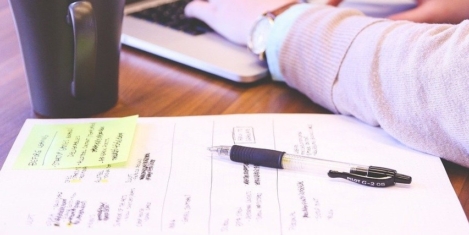
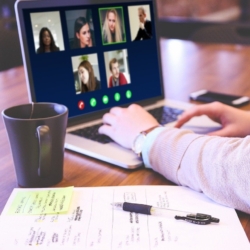 A recent study, which was commissioned by
A recent study, which was commissioned by 
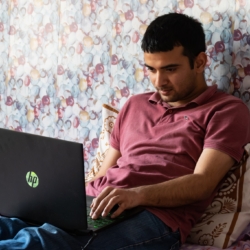 With many companies announcing that they will not force employees back to the office until next year, 34 percent of UK workers have admitted to feeling more productive since working from home. That’s according to new ‘Work Different’ research from
With many companies announcing that they will not force employees back to the office until next year, 34 percent of UK workers have admitted to feeling more productive since working from home. That’s according to new ‘Work Different’ research from 





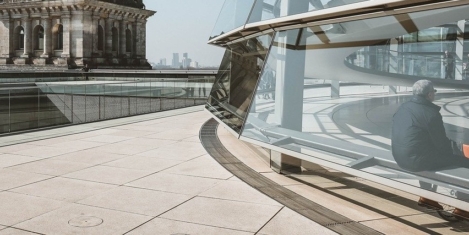

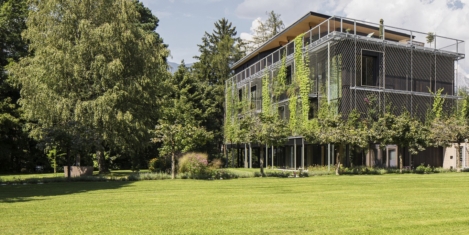








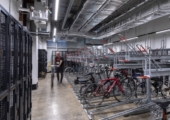


September 2, 2020
Remote work and the coming race to the bottom
by Mark Eltringham • Comment, Wellbeing, Working lives